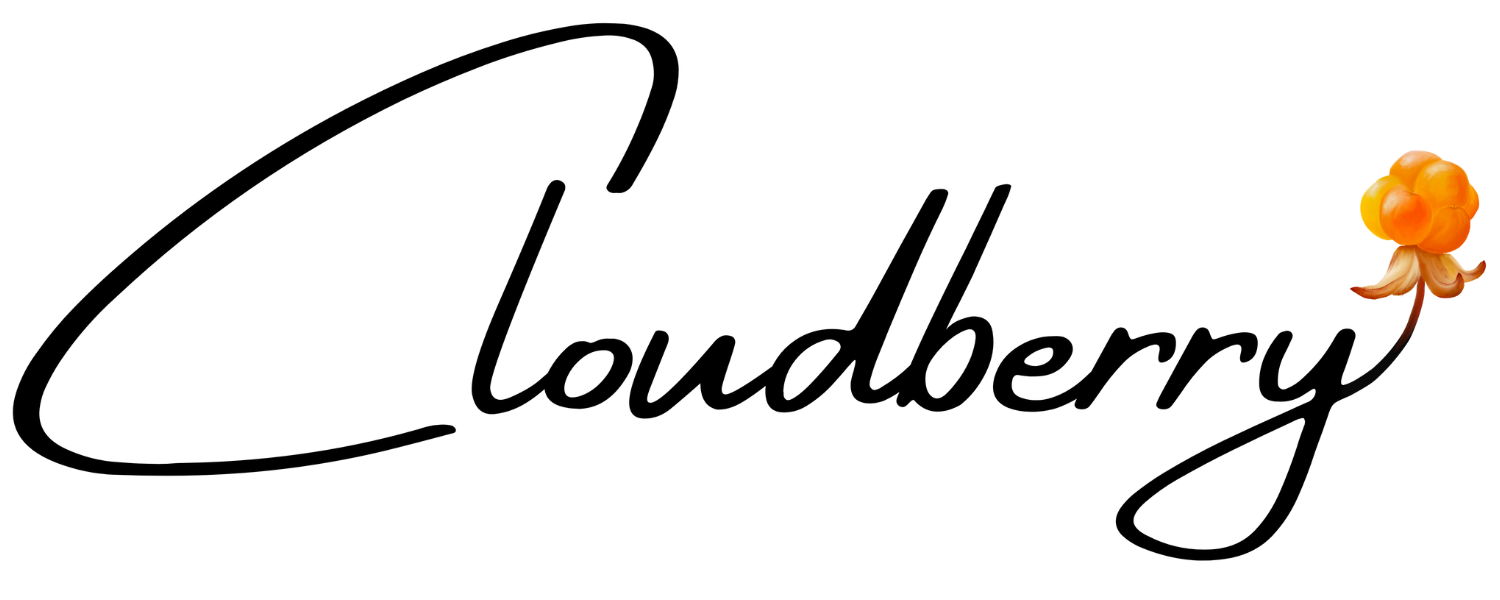Comprehensive Indigenous Co-management Program
Program
Objectives
2023 Feedback
2023 Feedback
2023 Feedback
Program
Facilitator
Jamie Snook, PhD
Educator, researcher, leader, catalyst
Our next live class
May 15, 2024, 2PM ATLANTIC TIME 🗓️
We are thrilled to announce Dr. Cinda Scott as our next guest where we will discuss positionality, cultural competence, and equity.
Write your awesome label here.

